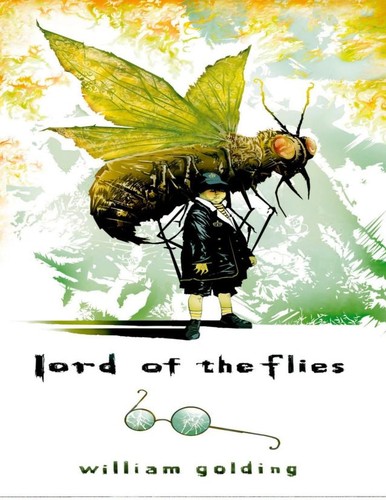Ashwin reviewed Lord of the flies by William Golding (Penguin great books of the 20th century)
Review of 'Lord of the flies' on 'Goodreads'
5 stars
The book is authored by William Golding who won the Nobel Prize for Literature in 1983. It begins on a deserted island where a bunch of boys are stranded after a plane crash. Soon, Ralph emerges as a leader among them through a vote of hands. A fat smart kid nicknamed Piggy becomes his intellectual counsel. Together they think their situation over and decide that the boys need to keep a fire burning on the island so that they can be rescued by passing ships. Ralph also restores order by setting rules for discussion (using a white conch as the token), assigning boys to build shelters for resting and collecting food. But, there is a rebel in the midst named Jack who is jealous of Ralph's power. He prefers a dictatorial style of leadership. He soon starts drawing boys to his side by teaching them to hunt the pigs of the island for food. As the days go by, the chance of rescue wanes, Jack's power grows, Ralph loses support, the social order of the boys breaks down and the island slips into barbaric chaos.
On the surface, the book is a nice read of kids surviving on a deserted island. But, this is no book for kids. Below, it is a full blown allegory to the various forms of human nature, society, leadership and political formations. The boys start off with a system similar to democracy under Ralph. That slowly deteriorates to end up as dictatorship and brutality under Jack. This transition is in the exact opposite order of how humans evolved from cave dwelling brutes to civilized democracies. The last book I read with such a strong allegory was Life Of Pi. LOTF is a pretty small book and can be easily read in a day. This is an excellent read.

